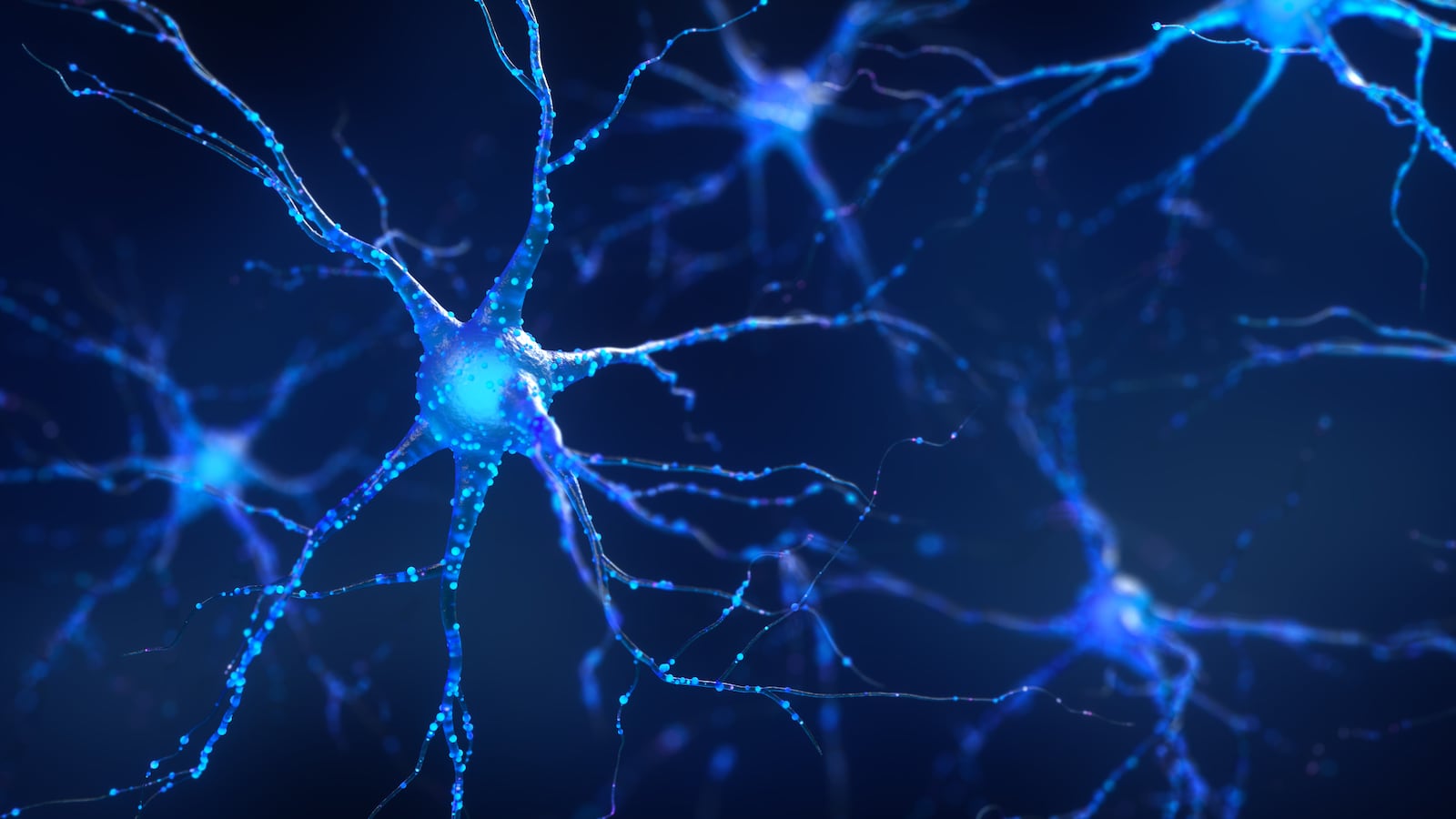Around 3.4 million Americans and more than 50 million people worldwide suffer from epilepsy, a seizure disorder caused by a sudden rush of abnormal electrical activity in the brain. Some medications can quell these unruly, rowdy neurons and ward off seizures, but drug-resistant epileptics are left with few options.
Despite being one of the oldest disorders known to humanity, what causes epilepsy—and what we could do to prevent seizures outright—isn’t entirely clear. Sometimes the cause seems to be mutated genes; in other cases, brain trauma. For around half of all cases, clinicians simply don’t know what makes the brain go haywire. But new insights into the network of blood vessels zig-zagging through the brain may help us untangle the mystery.
Scientists at Trinity College Dublin in Ireland have found that epilepsy might be caused by a protein disruption in the blood-brain barrier—the brain’s security measure against circulating toxins or pathogens. In new findings published Thursday in the journal Nature Communications, the researchers suggest that correcting this disruption, perhaps through new kinds of anti-seizure drugs, could outright stop epileptic seizures from manifesting and improve the quality of life for millions of people.
“Our findings suggest that designing medicines aimed at stabilizing the integrity of blood vessels in the brain may hold promise in treating patients who are currently non-responsive to anti-seizure medications,” Matthew Campbell, a biochemist at Trinity College Dublin who led the study, said in a press release.
Scientists have had previous inklings that the blood-brain barrier was involved in epilepsy, but there’s been little data to prove this outright. One idea was that patients with epilepsy experienced a leaky barrier that allowed in chemicals that excite neurons and cause seizures.
That theory seems to be true. Campbell and his team found that both mice and humans afflicted with drug-resistant epilepsy were missing a protein important for maintaining the blood-brain barrier’s integrity and permeability: claudin-5. The Trinity College researchers noticed there wasn’t nearly enough of it in brain tissue samples taken from patients with drug-resistant epilepsy during surgery. The team also knocked out the gene responsible for making for claudin-5 in lab mice, which were found to quickly develop seizures.
Luckily, there may be a way to counter meager claudin-5. Campbell and his team tested RepSox, a compound that halts inflammation, on cells found in the blood-brain barrier. They found that it was great at cajoling these cells into making claudin-5.
The study is an early but important step in uncovering the faults in the brain’s biological architecture causing epilepsy. Researchers now hope that it can help develop treatments for other disorders including schizophrenia, depression, and traumatic brain injury.
“We are excited about the potential our findings hold for advancing the field of epilepsy research as well as other neurological conditions,” Chris Greene, a postdoctoral fellow and first author of the study, said in a press release. “In fact, stabilizing the integrity of blood vessels in the brain could have relevance for a wide range of other diseases and we are just at the beginning of the process in driving the research forward.”







